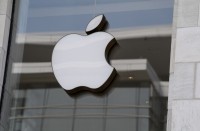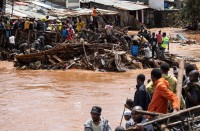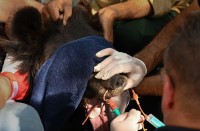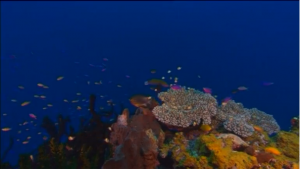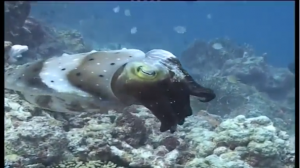JUNE 30 (Reuters) — UNESCO is expected to announce on Wednesday (July 1) whether it is going to place the Great Barrier Reef, which is larger than the United Kingdom, Holland and Switzerland combined, on a list of endangered World Heritage sites, a move the Australian government wants to avoid at all costs.
Australian government ministers have been lobbying hard overseas since a warning by the UN body was released saying the reef risked a blacklisting.
Such a listing could lead to restrictions on shipping and port expansions that could hit Australia’s trade in commodities and energy.
In the least damaged area of the reef, UNESCO delegates snorkeled, on a mission to check the health of the world’s largest living ecosystem, thousands of multi-colored coral reefs stretching over 2,000 km (1,200 miles) off the northeast coast, which bring in billions of dollars a year in tourism. Some coral has been badly damaged and some animal species, including dugong and large green turtles, are threatened.
In 2010 a Chinese coal carrier ran aground in the Great Barrier Reef, provoking an international outcry. Since then, there has been renewed concern about development, particularly coal mining in Australia’s northeastern state of Queensland.
Environmental campaign group Greenpeace has led an international movement rallying to save the Great Barrier Reef by pressuring banks to withhold funding from mining projects that will increase shipping off the Queensland coast.
They say 50 percent of the Great Barrier Reef’s coral cover has been lost in the last 30 years.
The UN on May 29 stopped short of placing the reef on an “in danger” list in a draft decision for further discussion and later confirmation. Alongside rising international calls for something to be done to save the reef, the ruling raised long-term concerns about the site’s future.
A decision to list the reef as in danger would be an embarrassment for the Australian government which has recently increased funding for the Great Barrier Reef Marine Park Authority.
The committee said they welcomed Australian efforts to maintain the environmentally sensitive region, but noted its outlook was “poor” and called on the government to stick rigidly to commitments to protect it.
The UNESCO World Heritage Committee’s 2015 session opened on Sunday (June 28) in Bonn, Germany, and will finish on July 8.
In light to events in Syria, Iraq, Libya and Yemen, this year’s meeting opened with a strong call to the international community to help counter the new threat of “violent extremism and cultural cleansing”, the UNESCO website said.
The session is expected to also discuss whether to add 36 nominated sites on to the UNESCO’s World Heritage List.

